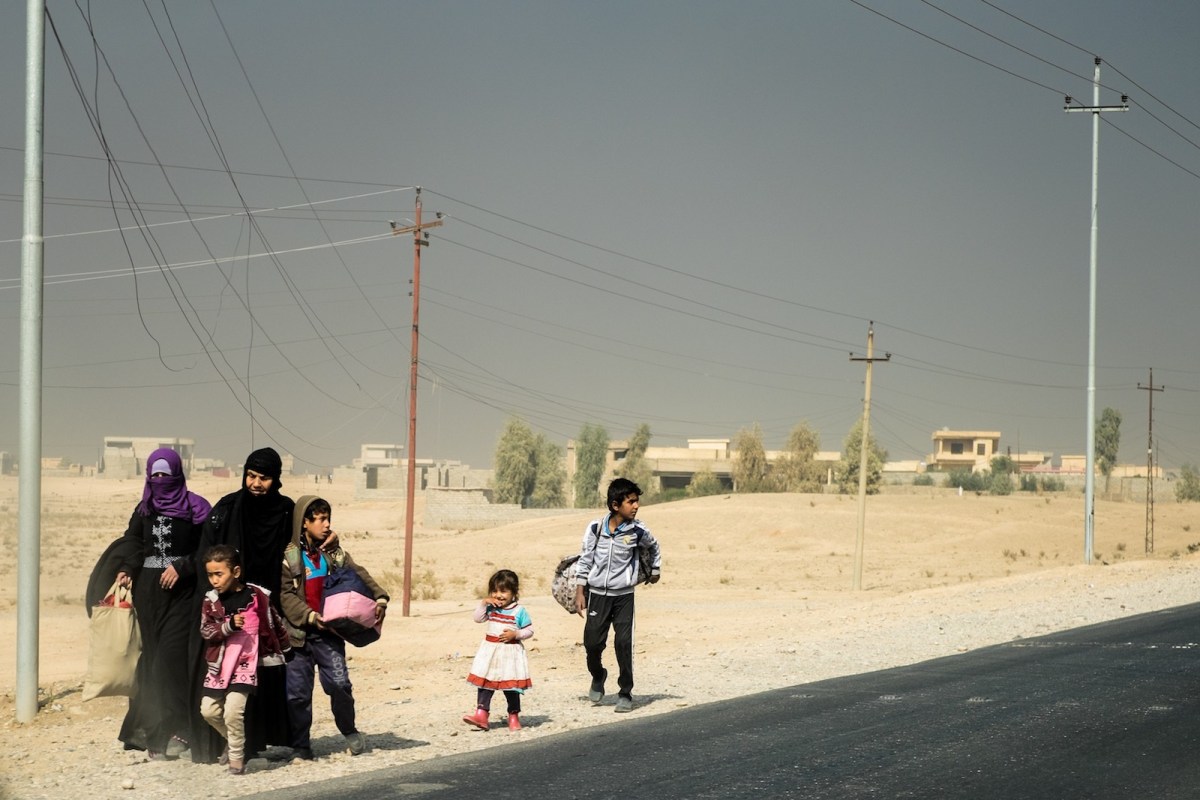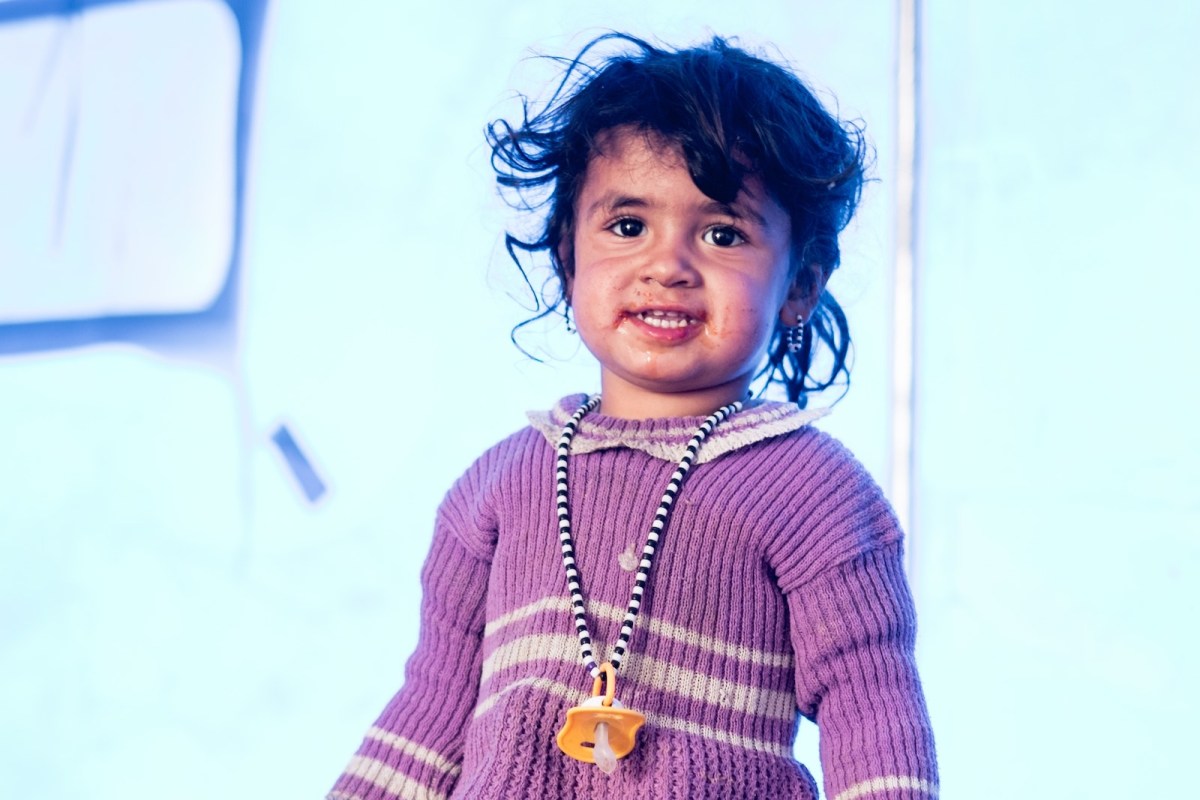It’s been a year since President Trump signed an executive order halting immigration from seven Muslim-majority countries and temporarily suspending refugee resettlement. It feels like it’s been a lot longer than that.
The travel ban polarized an entire nation, just days into a new administration. Or maybe more accurately, it exposed how polarized we already were.
Our own Preemptive Love community was not immune to these dividing lines, even as we sought to show up together for displaced families in some of the very countries affected by the president’s original order.
The travel ban left dear friends of ours in limbo, both in the US and in Iraq. It sparked a wave of legal challenges, and before long… many of us simply forgot.
Because there have been SO MANY polarizing moments since then. There have been so many breaking stories and debates and disruptions. Honestly it’s exhausting. Under the sheer weight of it all, the travel ban feels like an ancient memory.
But it’s not.
A third version of the order went into effect in December, after a Supreme Court ruling cleared the way for its implementation. This version impacts travelers from eight countries, six of which are majority Muslim. (Iraq was taken off the list last spring at the urging of the US State Department.)


Refugee resettlement has fallen in the US, at a time when more families than ever are displaced by war—over 65 million as of 2016. After settling nearly 100,000 refugees that year, the US took in 28,000 in the first nine months of 2017. At the current pace, America will struggle to admit 20,000 refugees this year.
Refugee resettlement charities, like our friends at World Relief, closed offices and shed jobs as the impact of the order began to be felt.
Meanwhile, the really big questions raised by the travel ban have yet to be answered.
Do we really believe that we we belong to each other, regardless of where we came from or what religion we practice or who we voted for? What does it mean to actually live like we do?
Do we really have to choose between security and compassion? Or is there another way that values both?
How much are we willing to risk in order to love? What does it mean to choose love over fear?
Does our well-being have to come at the expense of others? Or is ours somehow tied up in theirs?
These are some of the questions we should be asking, instead of just debating policy and politics—and without pretending there are easy answers or that they lead to obvious policy implications. Nothing about this is simple.
We don’t have all the answers. But one year on, we still believe that we are called to love “banned” people. We still believe we are called to love outsiders. We are called to love those who are different, those we fear, those who hold the exact opposite views we may hold, even those who are labeled “enemies.”
2017 was not an easy year to live like we belong to each other. That’s why it’s more important than ever that we do so in 2018.


